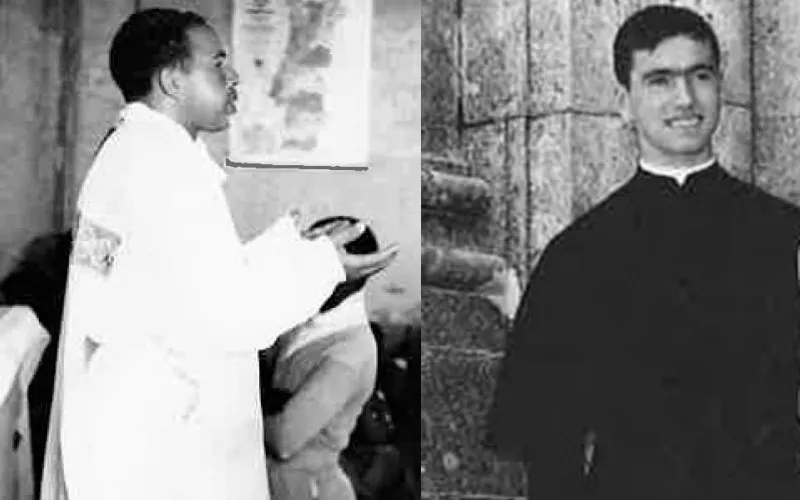The Bishop of Tete adds that the action to initiate the sainthood causes is motivated by “the impact the witness of these missionaries still has among the people.”
“I was impressed by the crowd that turned up for Mass. They explained to me that it was always like that, even when the Priests didn’t organize anything,” he says in reference to the 35th anniversary of their martyrdom and adds, “Where there’s smoke, there’s fire and, in these cases, the fame is a sign that something important is behind this.”
According to the report, it is after the Eucharistic celebration that the Bishop approached the Council of Diocesan consultors and upon seeing the enthusiasm of Priests who knew the slain Jesuits, realized the need to advance the matter.
The Portuguese-born Bishop consulted with the leadership of the Jesuits and members of the Episcopal Conference of Mozambique before writing to the Congregation for the Causes of Saints at the Vatican.
While the perpetrators of the murders of the two Jesuits have never been identified, the Local Ordinary of Tete believes that the Priests were killed “because they denounced atrocities of the war, defended the dignity of the Angonian people and were, therefore, considered ‘inconvenient witnesses’ to the abuses of political and law enforcement authorities.”
“The crime did not have religious motivations. But martyrdom is not only about hatred of the faith but also of virtues linked to faith, such as justice or charity,” Bishop Antunes says in reference to the murder of the two Jesuit Priests.
The 64-year-old member of the Consolata Missionaries further describes the late Fr. Moreira and Fr. Kamtedza as “courageous, fearless and always fighting for the people.”
“The two missionaries chose to continue serving their church, even after they were advised to leave the region (by their Superiors) at a time when many religious were being kidnapped and killed,” Bishop Antunes recalls in the May 17 report by Spotlight Africa.
He further says that the two Jesuit Priests knew that if they left their mission, military personnel would attack the village and people, therefore, they chose to stay as “a form of security for everyone.”
The slain Jesuit Priests had been serving in Chapotera about a year before they were murdered.








